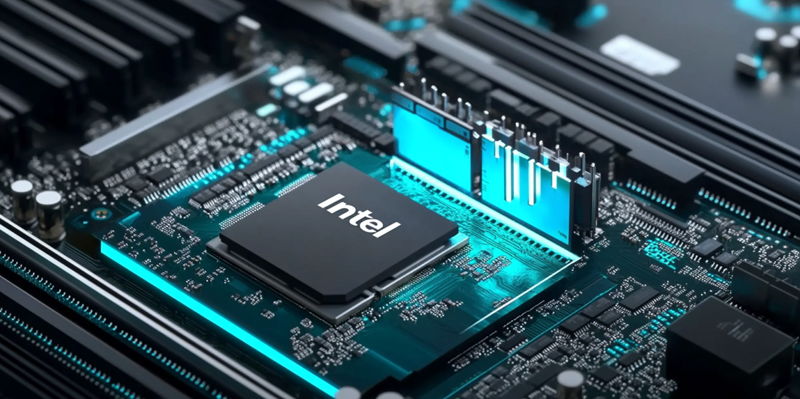Since the launch of Qualcomm’s Snapdragon X-series ARM processors in June 2024, the company has made a bold move to compete against long-time CPU giants Intel and AMD. These new processors aim to carve out a niche in the CPU market, focusing on energy efficiency and artificial intelligence (AI) integration rather than just raw computing power. Unlike the x86 chips used predominantly by Intel and AMD, which emphasize performance, Qualcomm’s ARM-based Snapdragon X-series aligns more closely with Apple’s M-series processors. By emphasizing mobility and efficiency, Qualcomm’s strategic direction represents a radical shift in the CPU landscape.
This evolution comes with both opportunities and challenges. While some praises have been levied on Qualcomm’s CPUs for their power efficiency and AI capabilities, the Snapdragon X-series has also faced criticism for its lag in multi-core performance when compared to Intel’s and AMD’s x86 chips. Yet, Qualcomm remains undeterred. With the introduction of the high-end Snapdragon X2 CPU, codenamed “Project Glymur,” the company seeks to further solidify its position as a serious competitor. This upcoming offering aims to narrow the performance gap and bring more advanced features to the table. The new CPUs are designed to be fully compatible with Microsoft Copilot+ and also support Microsoft’s Auto SR (super resolution), which uses AI to enhance video quality and frame rate, presenting consumers with a futuristic edge.
The Challenges and Innovations of Qualcomm’s ARM Architecture
Despite the innovation that Qualcomm brings to the table, one of the most substantial challenges the company faces is software compatibility. A significant number of applications have yet to be ported to run on ARM architecture, posing an obstacle for widespread adoption. This software compatibility issue means that even if Snapdragon X-series processors are technically impressive, their practical utility could be limited unless more software developers start focusing on ARM-based solutions. The inability to run industry-standard software smoothly can be a deterrent for potential consumers and enterprise customers.
What Qualcomm offers in terms of energy efficiency and AI integration is noteworthy. The energy-efficient design of the Snapdragon X-series makes it ideal for mobile devices, extending battery life without compromising on performance. Coupled with AI capabilities, these processors are set to redefine user experience, making devices smarter and more intuitive. The integration of AI into the very framework of these processors allows for real-time optimizations and advancements in functionalities like voice recognition, image processing, and contextual awareness. Despite receiving mixed feedback initially, the market acknowledges these groundbreaking features as a step toward the future of computing.
Future Prospects and the Role of Project Glymur
Since Qualcomm introduced its Snapdragon X-series ARM processors in June 2024, the company has aimed to challenge long-established CPU leaders Intel and AMD. These new processors focus on energy efficiency and the integration of artificial intelligence (AI), rather than solely on raw computing power. Unlike the x86 chips used mainly by Intel and AMD, which prioritize performance, Qualcomm’s ARM-based Snapdragon X-series is more similar to Apple’s M-series processors. By concentrating on mobility and efficiency, Qualcomm marks a significant shift in the CPU market landscape.
This evolution offers both opportunities and hurdles. While Qualcomm’s CPUs are praised for power efficiency and AI capabilities, the Snapdragon X-series has been criticized for lagging in multi-core performance compared to Intel’s and AMD’s x86 chips. Nonetheless, Qualcomm is undeterred. The forthcoming high-end Snapdragon X2 CPU, codenamed “Project Glymur,” is intended to close the performance gap and introduce more advanced features. These new CPUs are fully compatible with Microsoft Copilot+ and support Microsoft’s Auto SR (super resolution). This feature leverages AI to enhance video quality and frame rate, giving consumers a futuristic experience.

